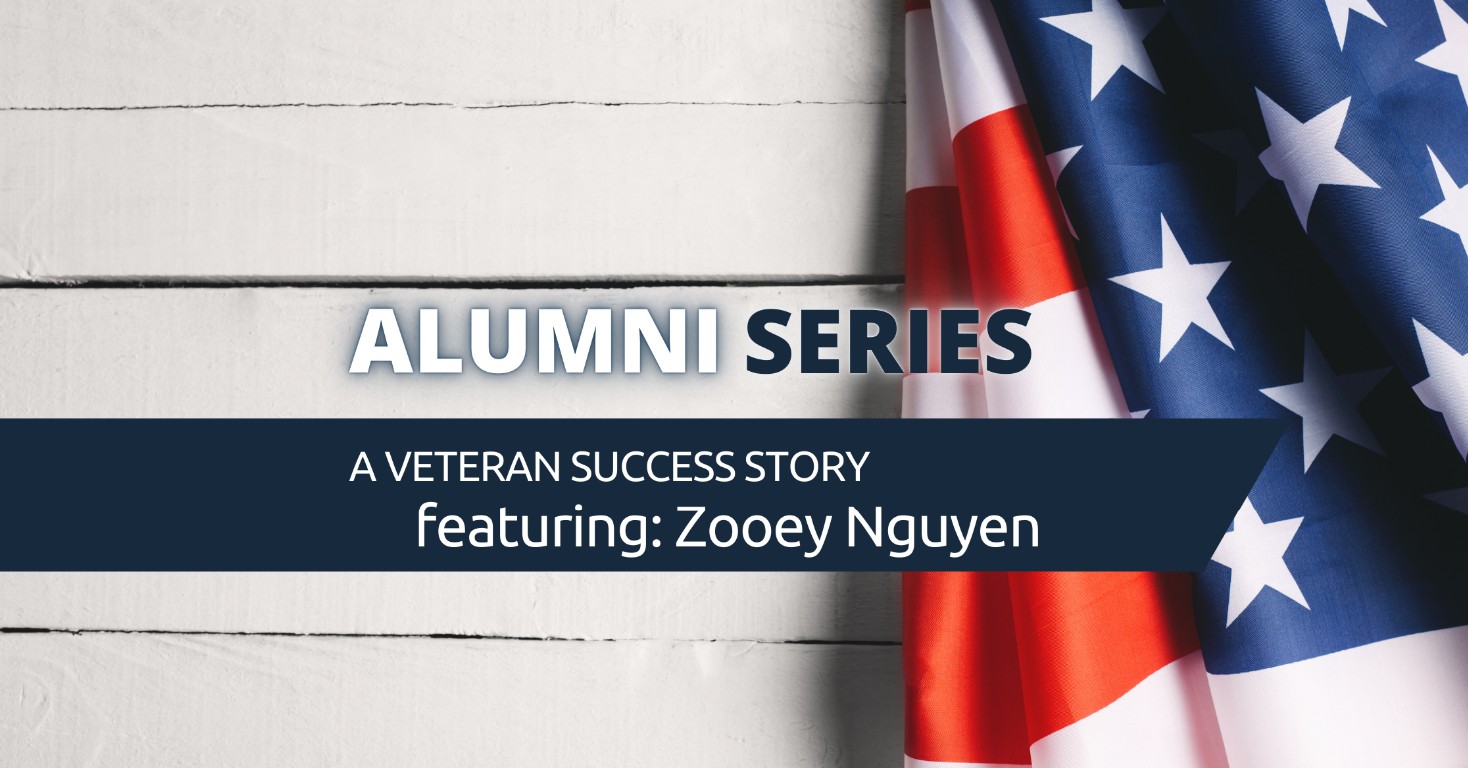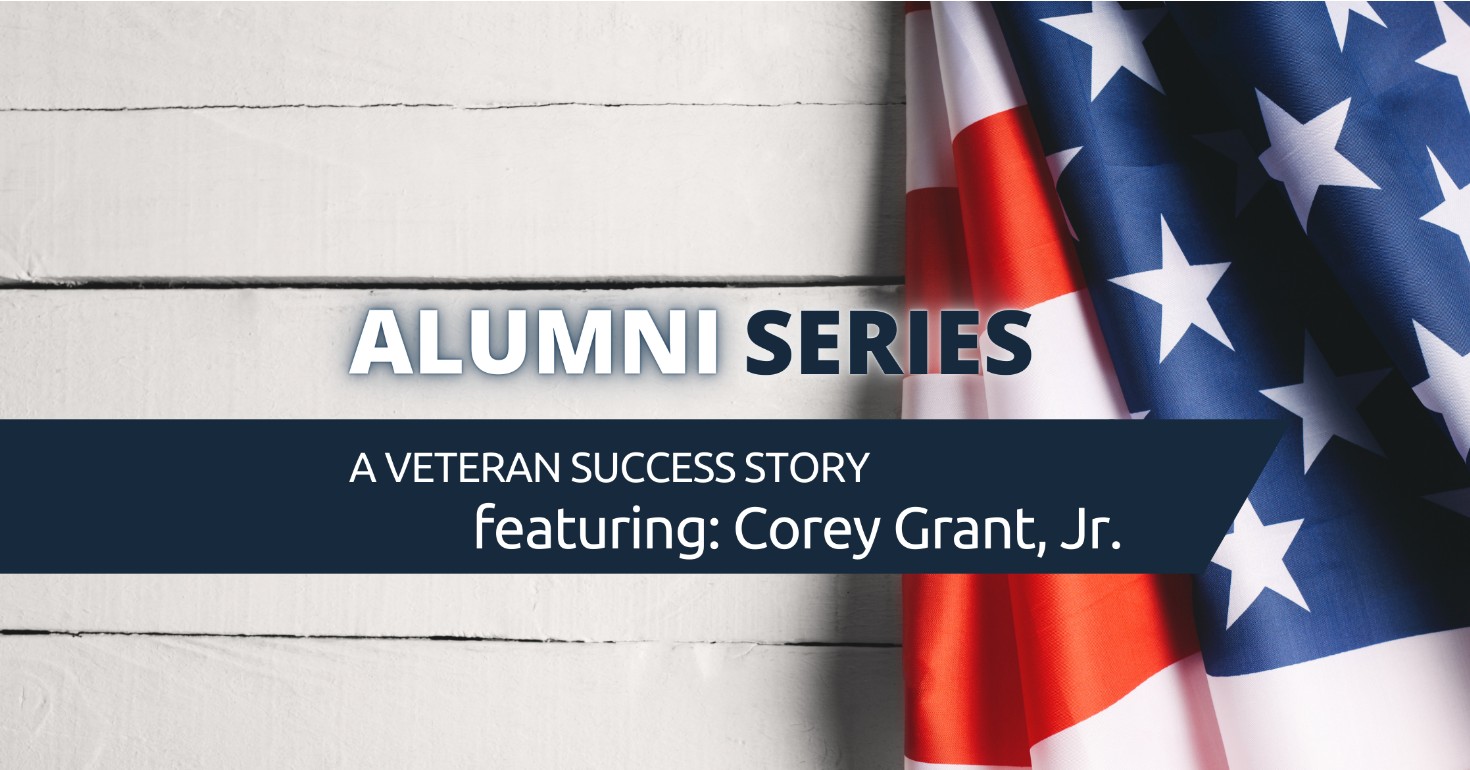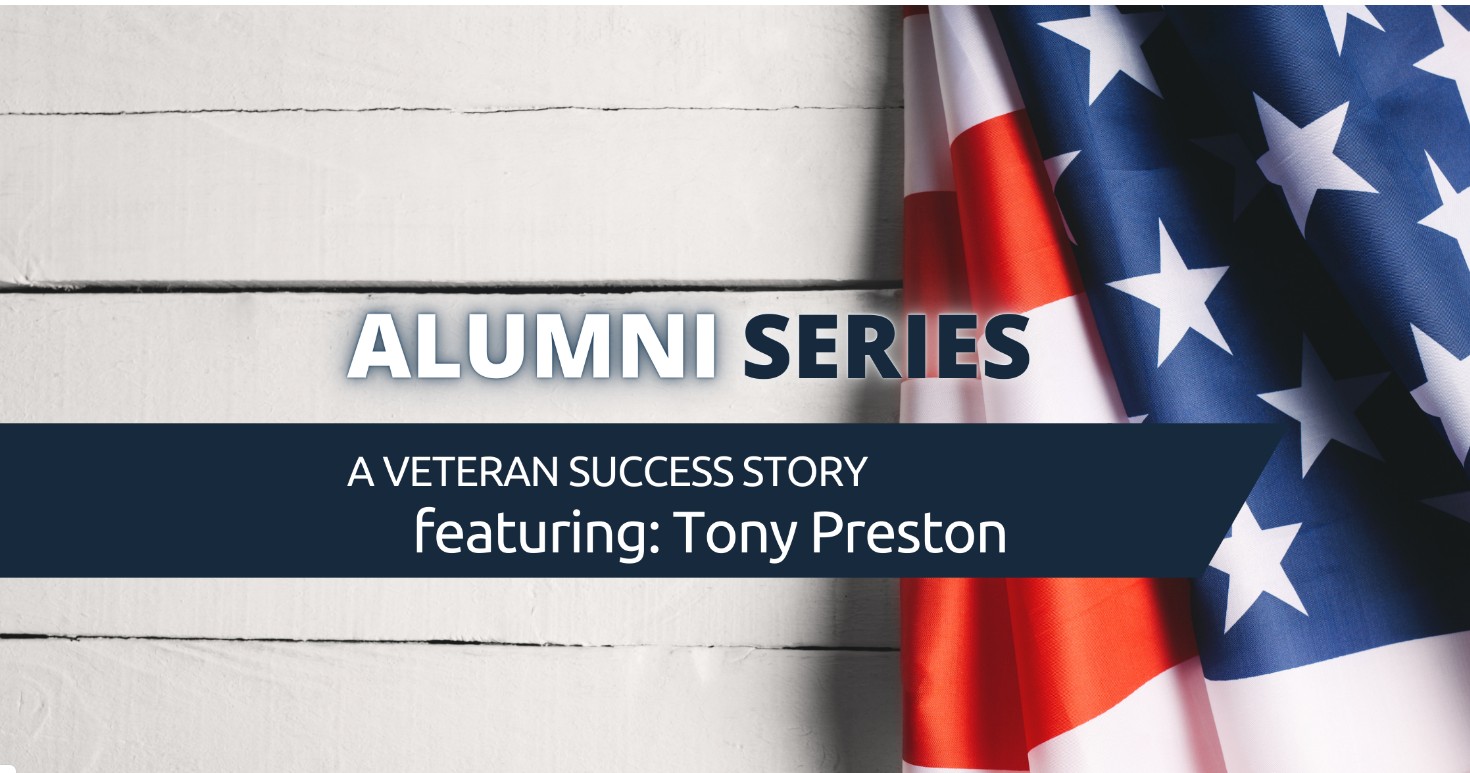Key Takeaways
Thinking about launching a cloud career as a veteran in 2025? This strategic blueprint breaks down exactly how you can turn your military skills into a high-demand, future-proof role—no matter your starting point. Here are the most actionable insights to jumpstart your transition and maximize your impact (and earnings) in the cloud sector:
Ready to transform your military service into a next-gen cloud career? Dive into the full guide for step-by-step tactics, insider programs, and the networks that will put you at the leading edge of tech’s most explosive field.
Ever thought your mission-first mindset could catapult you into one of tech’s fastest-growing fields? Cloud careers are expanding at lightning speed, with a projected 17% job growth in 2025—and veterans are some of the most sought-after candidates in this space.
In the world of cloud and AI, every major project starts with, “Who has the grit and discipline to get it done right?” The answer, increasingly, is: veterans who can speak both tech and teamwork.
But maybe you’re wondering:
How do you leap from secure comms or logistics into cloud engineering—or convince a recruiter you’re ready to lead on day one? The challenge isn’t just gaining new skills; it’s translating what you’ve already mastered and connecting it to the roles, companies, and tools driving tech forward.
Here’s the good news: Your military background is a competitive advantage, not an obstacle.
In this blueprint, you’ll discover:
Whether you know the difference between AWS and Azure or you’re just cloud-curious, this guide will give you clear next steps to get skilled, get noticed, and get hired—no fluff, no buzzwords, just a practical battle plan for real results.
Ready to see where your service and determination fit in this digital transformation? Let’s unpack the 2025 cloud landscape and pinpoint why it’s built for veterans like you.
Cloud computing is no longer just an IT trend—it's the engine powering entire industries. If you're eyeing a transition, 2025 will be a milestone year for cloud careers, with an expected 17% job growth in the U.S. cloud sector alone.
Why the boom? Companies urgently need people with cloud skills to drive AI initiatives, support hybrid work, and keep up with the digital transformation race.
The hottest roles hiring now—and even more in 2025—include:
Picture this: Every major tech project today is built on a cloud foundation—and veterans' skills are a perfect match.
What’s changing? Three seismic shifts are shaping the market:
For veterans, experience with secure environments and mission-critical operations stands out to employers navigating these risks.
Companies from AWS and Microsoft to government contractors like Booz Allen are competing to hire veterans for your blend of tech aptitude and disciplined problem-solving.
Veteran hiring is a strategic focus at dozens of tech giants—especially for federal and security-driven contracts.
Expect entry-level cloud salaries in the $75,000–$120,000 range in 2025; senior roles easily top $175,000.
“Veterans bring a mission-first mindset to cloud innovation—making them the most recruited talent pool in tech.”
Key takeaway: The cloud job market in 2025 is flush with opportunity and built for fast movers. Veterans who speak both tech and mission are set to lead—and to earn—at the very heart of digital transformation.
Veterans bring an arsenal of transferable skills that map directly to the fast-paced world of cloud engineering. The challenge? Making sure employers—many of whom don’t “speak military”—see exactly how your background fits.
You’ve already honed high-demand skills while in service. In cloud roles, these translate immediately:
Imagine shifting from coordinating a squad on deployment to managing a team building secure cloud solutions—same focus, new mission.
Cloud teams thrive on a “get it done” mentality, especially in environments that are constantly changing. As a veteran, your adaptability is a key asset.
Companies consistently rank mission-first thinking as one of their most valued intangibles. Seventy-four percent of tech leaders say adaptability is the trait they look for in cloud hires.
Picture this on your resume:
“Coordinated secure data flows across multiple theater operations, mapping directly to multi-cloud implementation projects.”
Military jargon can confuse civilian recruiters—so swap it out for industry-recognized language:
In interviews or LinkedIn profiles, pepper in phrases like:
Showcase your “mission focus”—every successful cloud team needs a calm leader under pressure.
By translating your skills into cloud competencies, you don’t just fit—you stand out, positioned to lead the next wave of digital transformation. Employers want what veterans have: adaptability, precision, and unshakable reliability under pressure.
Starting your cloud career journey as a veteran in 2025 means leveraging military strengths and focusing on the quickest paths to real skills. It's not about where you start—it's about how you structure your learning for results.
Break your roadmap into three clear phases:
Picture this: You start with a free online course, nail a cloud fundamentals cert in a month, then move to an instructor-guided lab while applying for a spot with Cloud Veterans or MSSA.
"Stacking certifications is like collecting mission patches—the more you have, the further you go."
Veteran-tailored initiatives turbocharge your journey—many offer no-cost training and direct job pipelines:
"94% of MSSA grads land jobs within six months—a stat worth aiming for."
Don't pick just one route. Mix and match:
Most veterans hit credential readiness for their first cloud job in 4-9 months with structured, focused effort.
Choose a pace that fits your life and career goals:
You can “see” your roadmap on a wall calendar: milestone dates, completed certs, and job application checkpoints—each step preps you for the next.
Your playbook: Stack foundational learning, tap veteran-only programs, and create a rhythm that accelerates both skill and confidence. This is your path to a career in cloud, mapped and ready for action.
Amazon Web Services, Microsoft Azure, and Google Cloud each offer certifications that unlock unique roles—and knowing which fits your career goals is step one.
For most entry-level and advancing veterans:
Veterans can expect to see cloud certifications listed on roughly 80% of job postings for roles like Cloud Engineer, DevOps Specialist, and Cybersecurity Analyst.
Pairing a college degree with built-in certifications is a power move—especially for future leaders.
Many veterans speed up the process by completing a degree online while stacking credentials.
Smart veterans build a “matrix” approach to stack opportunities:
This dual-track means you’re job-ready in months while building long-term career equity.
Exams update regularly—most cloud certs are valid for 2-3 years.
Quotable for sharing: “Stacking certifications with a degree is like having a key that opens every cloud career door—and VA benefits foot much of the bill.”
In 2025, the fastest way to jump into high-demand tech roles is to start with a targeted cert (exam vouchers make it nearly risk-free), then build upward with formal education for long-term growth. Think of your credentials as both your entry ticket and your ticket to the next promotion.
If you're eyeing a cloud career in 2025, veteran-specific programs are your shortcut to real results—think tuition-free training, direct certification prep, and job placement pipelines built just for you.
What programs deliver the biggest impact?
Picture this: a retired Air Force linguist, with zero IT experience last year, leverages VET-TEC to complete Cloud Veterans’ AWS training—certified and employed by a Fortune 100 partner in under six months.
You don’t have to go it alone. Building a networking safety net is a force multiplier for military-to-cloud moves.
Tap into these high-impact networking resources:
Mentorship in these programs isn’t just a buzzword. “With my mentor’s help, I landed my first DevOps job—then paid it forward a year later,” says one Cloud Veterans alumnus.
Ready to break into the cloud workforce? Veteran alliances have hiring partnerships with top employers—think Amazon, Microsoft, Booz Allen, and Cisco—that actively recruit military talent for open cloud roles.
How do you plug in?
Bottom line: Your experience, coupled with the right veteran tech programs and networks, can convert military skills into in-demand cloud jobs—often at zero personal cost. Start with one application, connect with a mentor, and learn how these resources can turn service into your superpower in the cloud.
Crafting your military-to-cloud resume is all about translation—turning your service experience into “cloud-ready” language that recruiters actually search for.
Picture this: an AWS solutions architect recruiter scanning hundreds of resumes. They pause on yours because you’ve swapped “Platoon Sergeant” for “Project Lead for Secure Communications Migration”—using terms that pop in cloud hiring.
Start by breaking your military experience into bullet points that mirror civilian cloud skills.
This simple language shift can open doors you didn’t know existed.
Cloud employers want both soft skills and technical chops. Organize your resume like this:
Phrase bullets like:
A strong LinkedIn profile is a non-negotiable in 2025—over 90% of tech recruiters use LinkedIn for sourcing.
Pro tip: Grab your full year of LinkedIn Premium—free for vets—and get access to advanced training, job postings, and messaging.
Even one or two hands-on projects set you apart. Ideas include:
A compelling online portfolio proves you don’t just learn—you deliver results.
The secret to landing that cloud offer? Show, don’t just tell. Translate every bullet, spotlight certifications and projects, and let your new “cloud mission” come through in your profile and portfolio. This approach turns your military journey into a launchpad for a future-proof cloud career.
Landing your first cloud role is all about targeting positions aligned with your military experience and long-term goals.
Picture this: If you managed mission-critical operations, roles like Cloud Support Associate, Cloud Engineer, or Cybersecurity Specialist play to your strengths.
Make your search count by:
"Your career pivot isn't just about joining tech—it's about entering the right arena for your unique experience."
Not all cloud teams are created equal—screen companies for veteran support before you apply.
Hot tip: Research “veteran” or “military” on company job pages, then look for:
Ask these in interviews:
You don’t need endless coffee chats to build connections—lean into veteran tech communities and direct outreach.
Maximize your time with:
"One genuine intro on LinkedIn can shortcut months of silent applications."
Cloud interviews in 2025 favor practical skill demonstrations over jargon.
Expect:
Tip: Practice mock interviews online or tap a mentor from your veteran network for real feedback.
The first 90 days in a cloud team are fast-paced but supportive, with:
Expect to blend training, shadowing, and mini-projects as you ramp up.
Here’s what you might hit—and how to clear the hurdle:
"You bring grit, adaptability, and real-world problem-solving—qualities tech teams need, not just want."
Cloud job hunting as a veteran is about positioning yourself where you’ll thrive, tapping proven support networks, and growing into each new challenge—one skill, one connection, one role at a time.
Staying sharp in the cloud world means never standing still. Cloud technologies move fast—over 60% of employers rank up-to-date certifications as a top priority for tech promotions.
If you want to thrive, you’ll need a habit of continuous, intentional learning.
After you land your first cloud role, don’t hit cruise control. To stay current and avoid being left behind, set a learning schedule—even just one hour a week can make an impact.
“Think of your cloud toolkit like a Swiss Army knife—it needs constant sharpening, and every new certification is another tool that makes you indispensable.”
Specialization keeps you valuable and excited. Picture this: three years in, you’re leading cloud security audits or designing AI-powered migration tools—your expertise sets you apart from generic engineers.
Popular focus areas include:
Explore emerging trends and zero in on what excites you.
Professional relationships and credentials fuel career momentum.
"Your network can open doors in 30 seconds that might take you a year to unlock alone."
Once you're cruising, don’t just climb—lift others up.
Career satisfaction isn’t just about chasing titles—it’s about impact, community, and lifelong growth.
By weaving constant learning, targeted specialization, and strategic networking into your routine, you’ll stay ahead of industry changes and build a cloud career that keeps growing with you.
Stepping into the cloud arena as a veteran isn’t just a career move—it’s a strategic mission where your skills are in high demand and your discipline is the difference-maker. You’re not entering as a beginner; you’re leveraging a proven track record of leadership, adaptability, and precision. In the fast-evolving cloud landscape, that’s exactly what employers are searching for.
Take these actionable insights and turn opportunity into momentum:
Here’s what you can do right now:
The path to a cloud career isn’t just open—it’s built for leaders like you. You have the mission-first mindset, the resilience, and the drive to shape the next era of tech. The only thing left is to take the first step.
"The cloud needs tactical thinkers. This is your new frontier—step in, lead boldly, and let your service fuel the future of innovation."
.png)
We're a worldwide community for online learning and teaching where anybody can acquire new skills and accomplish their objectives by connecting with others. We are dedicated to making a positive difference in the future of education.


